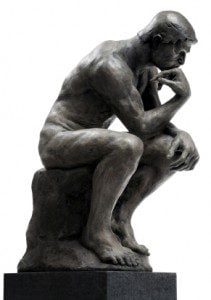Have you ever witnessed or participated in a food fight? Whether one is referring to a fun food fight (like the scene in the movie Hook), or to a contentious battle over food in politics and business, all too often a food fight leaves a great big mess.[1] Hopefully, the upcoming conference titled “Food Fight—A Civil Dialogue over Our Daily Bread” will help clean up a few messes in our thinking and practices regarding the quality, cost, preparation, distribution, and... Read more

















